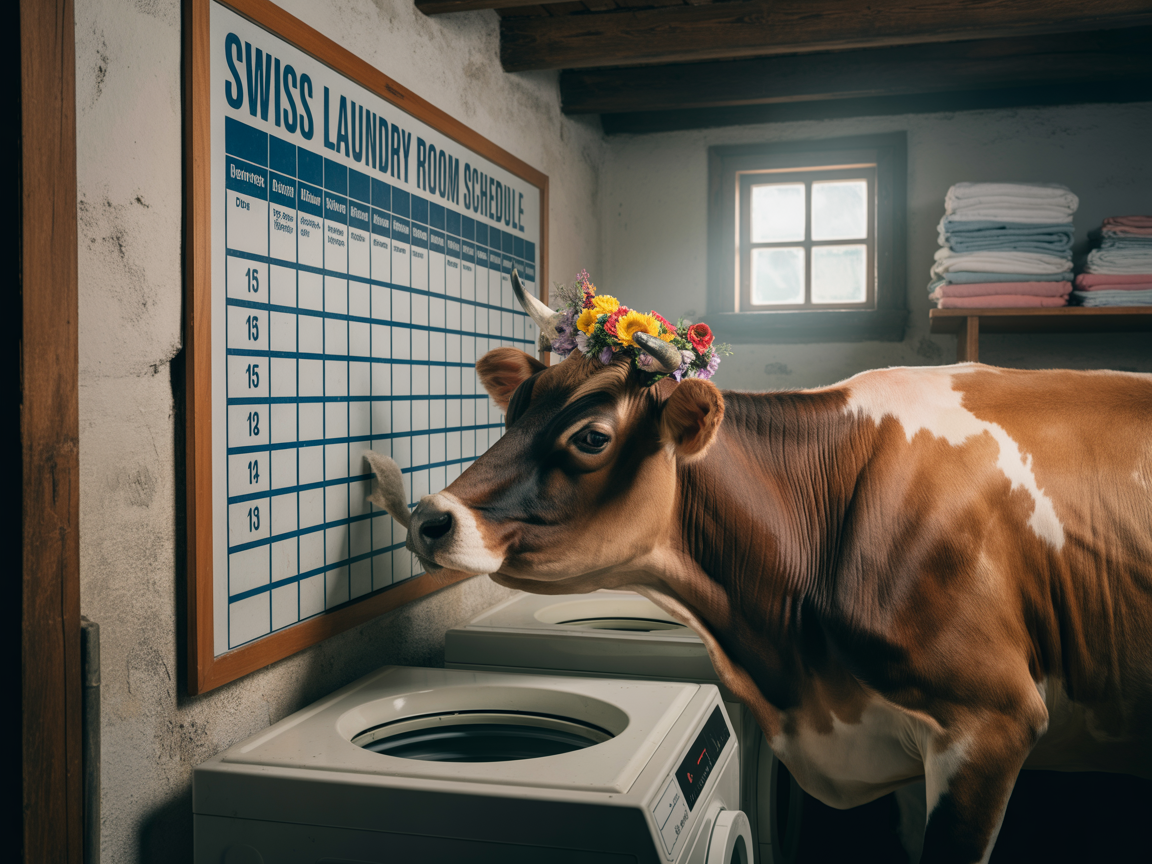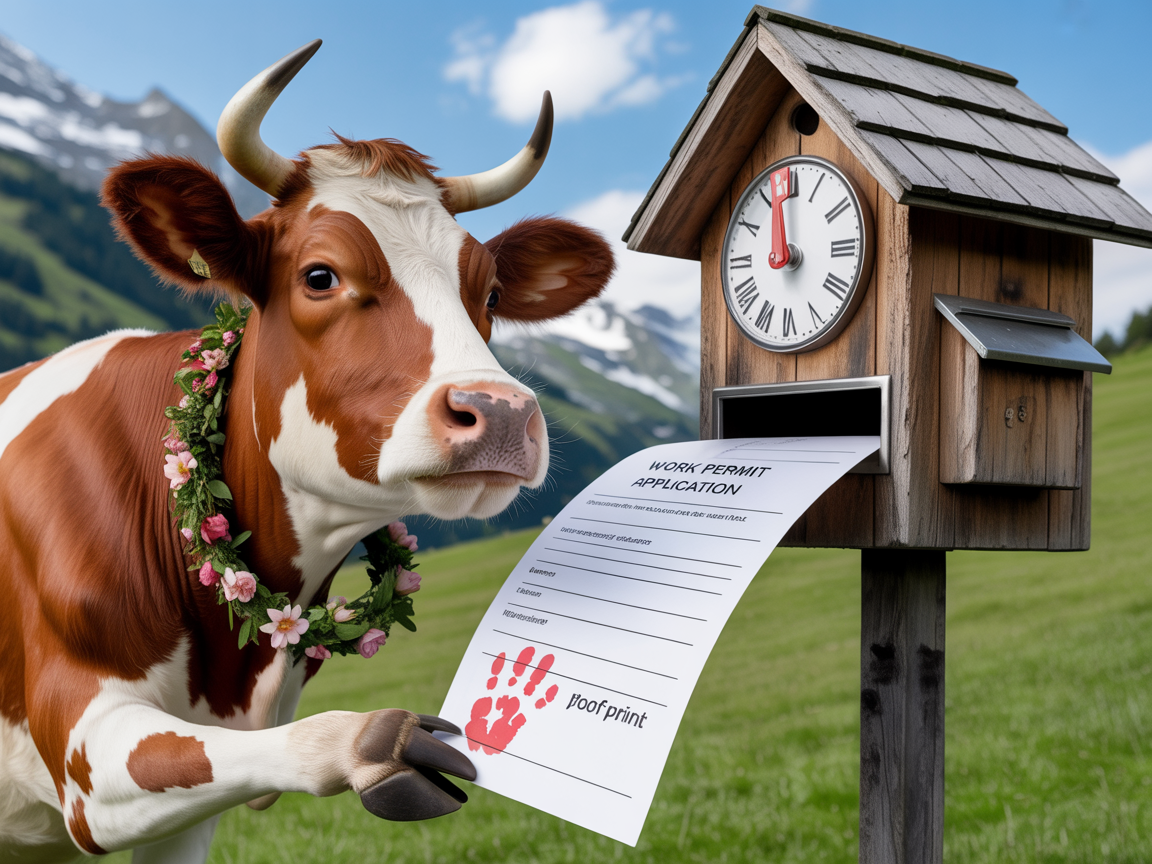Switzerland is one of the most pet-friendly countries in Europe, making it an excellent destination for families relocating with their beloved animals. However, pet relocation Switzerland involves navigating complex Swiss pet import requirements, strict documentation, and understanding local regulations. This comprehensive guide covers everything you need to know for a successful pet import Switzerland experience.
Why Switzerland is Ideal for Pet Owners
Switzerland offers an exceptional quality of life for both pets and their families, making the relocation process worthwhile despite its complexity.
What Makes Switzerland Great for Pets:
- High Standards: Excellent veterinary care with advanced medical facilities
- Pet-Friendly Culture: Dogs welcome in many restaurants, shops, and public transport
- Outdoor Paradise: Extensive hiking trails, lakes, and mountains perfect for active pets
- Safety: Low crime rates and excellent animal welfare laws
- Quality of Life: Clean environment with numerous dog parks and pet facilities
Essential Swiss Pet Import Requirements: The Complete Checklist
Pet import Switzerland requirements are strictly enforced and vary based on your country of origin. Here’s what you need to know:
1. Country of Origin Matters
Switzerland categorizes countries based on rabies risk levels, which determines specific import requirements:
From “Listed” Third Countries (Low Rabies Risk):
- Includes EU/EEA countries, USA, Canada, Australia, New Zealand, and others
- Simplified procedures with standard requirements
- No mandatory quarantine if all conditions are met
From “Unlisted” Third Countries (High Rabies Risk):
- Stricter requirements including blood tests
- Possible quarantine periods
- Additional health certificates
2. Microchip First!
Mandatory Requirements:
- ISO 11784/11785 standard microchip implanted before any vaccinations
- Must be readable by standard scanners
- Implantation must be documented in all health certificates
Important: The microchip must be implanted before rabies vaccination to ensure traceability.
3. Rabies Vaccination Requirements
Essential Elements:
- Valid rabies vaccination at least 21 days old
- Primary vaccination must be given at minimum age (usually 12 weeks for dogs, varies for cats)
- Annual boosters to maintain validity
- Veterinarian administered by licensed professional
Duration Factors:
- 21-day waiting period after initial vaccination before travel
- Validity period according to manufacturer specifications
- Up-to-date status essential for entry
Test Requirements for High-Rabies Risk Countries:
- Rabies antibody blood test 30+ days after vaccination
- Laboratory certification from approved facilities
- Minimum antibody levels of 0.5 IU/ml required
4. Health Certificate Requirements
5. Official Health Certificate / EU Pet Passport
Timeline: Must be issued within 10 days of travel
From EU/EEA Countries:
- EU Pet Passport sufficient for entry
- Must include all required vaccinations and treatments
- Issued by authorized veterinarian
From Third Countries:
- Official veterinary certificate required
- Government endorsement by national veterinary authority
- Specific Swiss format or equivalent accepted documents
6. Limits on Number of Pets & Age Restrictions
Import Limitations:
- Maximum 5 pets per person for personal use
- Commercial imports require special permits and procedures
- Minimum age requirements: Usually 12-15 weeks for puppies/kittens
Special Considerations:
- Young animals may have modified vaccination schedules
- Pregnant animals may face additional restrictions
- Multiple pets require individual documentation
Navigating Swiss Cantonal Regulations: Critical Location-Specific Rules
Switzerland pet laws vary significantly by canton, making location research essential for your pet relocation Switzerland.
Banned or Restricted Breeds: A Critical Cantonal Issue!
High-Risk Cantons with Breed Restrictions:
- Basel-Stadt, Geneva, Valais: Comprehensive breed ban lists
- Zurich, Ticino, Fribourg: Permit requirements for specific breeds
- Specific breeds commonly restricted: American Pit Bull Terrier, Staffordshire Terrier, Bull Terrier, Rottweiler, Dobermann
Permit Requirements:
- Competency certificates for certain breeds
- Insurance requirements often mandatory
- Leash and muzzle obligations in public spaces
Where to Check:
- Cantonal veterinary offices for current regulations
- Municipal authorities for local restrictions
- Professional relocation services for up-to-date guidance
Dog Tax (Hundesteuer / Taxe sur les chiens)
Annual Requirements:
- Registration with local commune within 8-14 days of arrival
- Annual tax payment ranging from CHF 50-200+ depending on location
- Tax tags or certificates for identification
Finding Quality Veterinary Care in Switzerland
Switzerland offers world-class veterinary services, but understanding the system helps ensure optimal care for your pets.
Veterinary System Overview
High Standards:
- Rigorous education requirements for veterinary professionals
- Advanced medical facilities comparable to human healthcare
- Emergency services available 24/7 in major cities
Cost Considerations:
- Premium pricing reflecting high quality of care
- Pet insurance highly recommended
- Emergency costs can be substantial
Locating the Right Veterinarian
Research Strategies:
- Expat communities for recommendations
- Online directories (Tierärzte Schweiz, local cantonal associations)
- Breed-specific groups for specialized care needs
Initial Consultation Checklist:
- Transfer medical records from previous veterinarian
- Discuss Swiss vaccination schedules and local requirements
- Emergency contact procedures and after-hours care
- Pet insurance options and coverage
Practical Relocation Day Logistics
Pre-Travel Preparation (2-4 weeks before)
Documentation Assembly:
- Compile all certificates in chronological order
- Translation requirements for non-German/French/Italian documents
- Veterinary contact information for both origin and destination
Health Optimization:
- Final health check 1-2 weeks before travel
- Stress-reduction strategies for anxious pets
- Travel crate training for comfort
Travel Day Essentials
Carry-On Documentation:
- Original health certificates and copies
- Vaccination records in protective sleeves
- Emergency contact information for origin and Swiss veterinarians
Pet Comfort Items:
- Familiar bedding and toys for stress reduction
- Food supplies for first few days
- Leash and collar with temporary identification
Swiss Border and Customs Process
Arrival Procedures:
- Red channel declaration at customs
- Document inspection by Swiss authorities
- Potential physical examination of pets
Common Issues to Avoid:
- Incomplete documentation causing delays
- Expired certificates requiring quarantine
- Breed restrictions in destination canton
Settling In: Your Pet’s First Month in Switzerland
Immediate Registration Requirements
Legal Obligations (First 2 weeks):
- Commune registration for dog tax
- Local veterinarian establishment for ongoing care
- Pet identification tags with Swiss contact information
Integration Support
Local Resources:
- Dog training schools (Hundeschulen) for socialization
- Pet supply stores and grooming services
- Dog parks and off-leash areas location
Community Building:
- Local dog groups and walking meetups
- Expat pet owner networks for advice and friendship
- Pet-friendly businesses identification
Professional Relocation Support Options
When to Consider Expert Help
Optimal Scenarios for Professional Assistance:
- Complex breed restrictions in destination canton
- High-risk country origins requiring extensive documentation
- Multiple pets or exotic animals
- Tight timeline constraints
- Language barriers affecting communication
Professional Services
Benefits of Professional Pet Relocation:
- Documentation expertise ensuring compliance
- Customs clearance assistance
- Transportation coordination for seamless travel
- Emergency support during unexpected issues
Comprehensive Relocation Platforms:
- ReloFinder.ch connections to pet relocation specialists
- Specialized consultants familiar with Swiss regulations
- End-to-end service providers handling all aspects
Cost Planning for Pet Relocation Switzerland
Budgeting for Pet Import Expenses
Core Documentation Costs:
- Health certificates and endorsements: CHF 200-500
- Laboratory tests (if required): CHF 150-300
- Professional consultation: CHF 100-300
Travel and Logistics:
- Professional pet transport: CHF 800-2,500+
- Airline pet fees: CHF 300-1,000+
- Crate and travel supplies: CHF 200-500
Swiss Settlement Costs:
- Initial veterinary consultation: CHF 80-150
- Dog registration and tax: CHF 50-200 annually
- Pet insurance setup: CHF 30-80 monthly
Long-term Swiss Pet Ownership Costs
Annual Expectations:
- Veterinary care: CHF 500-1,500+
- Food and supplies: CHF 800-1,500
- Grooming and services: CHF 300-800
- Pet insurance: CHF 360-960
Common Pitfalls and How to Avoid Them
Documentation Errors
Frequent Mistakes:
- Timing issues with vaccination and travel dates
- Missing endorsements from government authorities
- Incomplete microchip documentation
Prevention Strategies:
- Start planning 3+ months early
- Professional document review before travel
- Backup documentation copies
Breed and Regulation Oversights
Critical Checks:
- Destination canton breed laws verification
- Housing restrictions for pet ownership
- Local leash and registration requirements
Conclusion: Successful Pet Integration in Switzerland
Pet relocation Switzerland requires careful planning, attention to detail, and understanding of complex regulations. However, Switzerland’s excellent quality of life for pets makes the effort worthwhile.
Key Success Factors:
- Early planning starting 3-4 months before move
- Thorough documentation ensuring compliance
- Professional guidance when needed
- Local integration through community connections
Resources for Ongoing Support:
- ReloFinder.ch for connecting with pet relocation specialists
- Swiss veterinary associations for ongoing care
- Expat communities for practical advice and friendship
Your pet’s successful transition to Swiss life will be supported by the country’s high standards, pet-friendly culture, and excellent veterinary system. With proper preparation, both you and your pet can look forward to an outstanding quality of life in Switzerland.
Welcome to Switzerland - where pets are valued family members and exceptional care is the standard!
FAQ: Pet Relocation to Switzerland
Q1: How much does it cost to relocate a pet to Switzerland?
A: Costs vary enormously depending on multiple factors:
- Country of origin and complexity of requirements
- Size/breed of pet affecting airline fees
- Professional services vs. DIY approach
- Veterinary fees for documentation and tests
- Range: Few hundred CHF (simple EU move) to several thousand CHF (long-haul with professional assistance)
Q2: What happens if my pet’s paperwork is incorrect upon arrival?
A: Incorrect paperwork can lead to serious consequences:
- Entry refusal at the border
- Costly quarantine placement
- Return to origin country in severe cases
- Rare extreme cases: Euthanasia (though very uncommon with genuine efforts)
- Critical importance: All paperwork must be flawless
Q3: Are there quarantine requirements for pets entering Switzerland?
A: Quarantine depends on compliance and origin:
- No quarantine for EU/listed countries with correct documentation
- Possible quarantine if regulations not met
- Required for unlisted countries without proper preparation
- Best prevention: Complete all requirements correctly
Q4: Can I bring other types of pets (rabbits, birds, reptiles) to Switzerland?
A: Yes, but different rules apply:
- Specific import conditions for each animal type
- CITES regulations for protected species
- Separate health certificates often required
- Check FSVO website for species-specific requirements
Q5: Where can I find breed restriction lists for specific Swiss cantons?
A: Most reliable sources:
- Cantonal veterinary office websites (most authoritative)
- Direct cantonal sources for current regulations
- FSVO website may provide general information
- Regular updates - regulations can change
Q6: How long does the entire pet relocation process take?
A: Timeline varies by origin country:
- EU countries: 1-3 months with proper planning
- Listed third countries: 2-4 months preparation needed
- Unlisted countries: 6+ months due to antibody test waiting period
- Professional services: Can expedite certain aspects but not mandatory waiting periods
Q7: Do I need to find a Swiss vet before arrival?
A: While not mandatory before arrival, it’s highly recommended:
- AMICUS registration required within 10 days for dogs
- Post-arrival health check may be required
- Local veterinarian for ongoing care establishment
- Emergency preparedness with known local vet contact
Q8: Can my pet travel in the cabin with me?
A: Depends on pet size and airline policies:
- Small pets (usually under 8kg total with carrier) may qualify
- Carrier dimensions must fit under airplane seat
- Airline-specific rules vary significantly
- Book early as cabin pet spaces are limited
Disclaimer: Pet import regulations are strict and subject to change. This information is for general guidance only. You must consult the official website of the Swiss Federal Food Safety and Veterinary Office (FSVO/BLV) and your specific cantonal veterinary office for the most accurate, up-to-date, and detailed requirements for your pet’s country of origin before making any travel plans.





